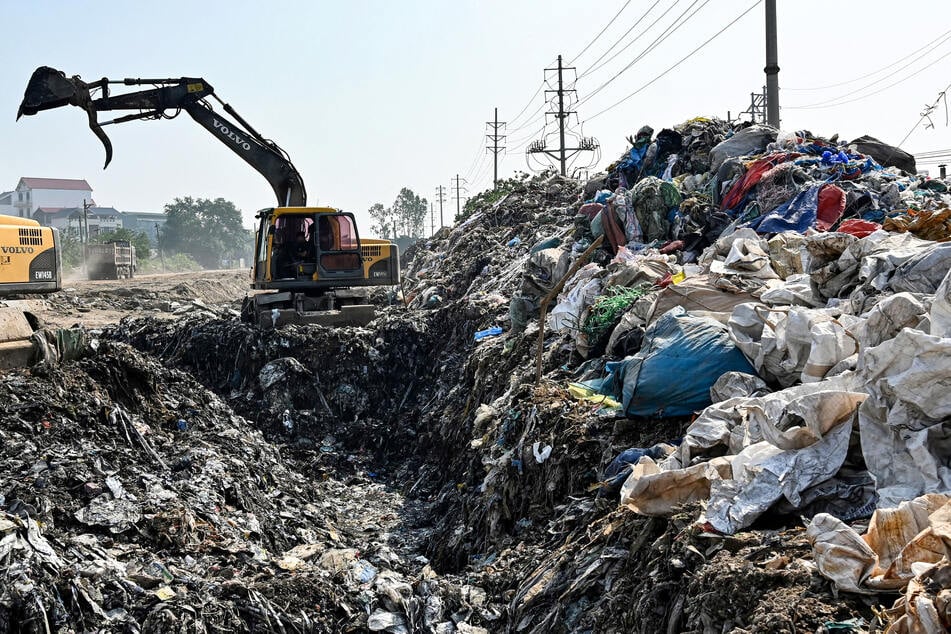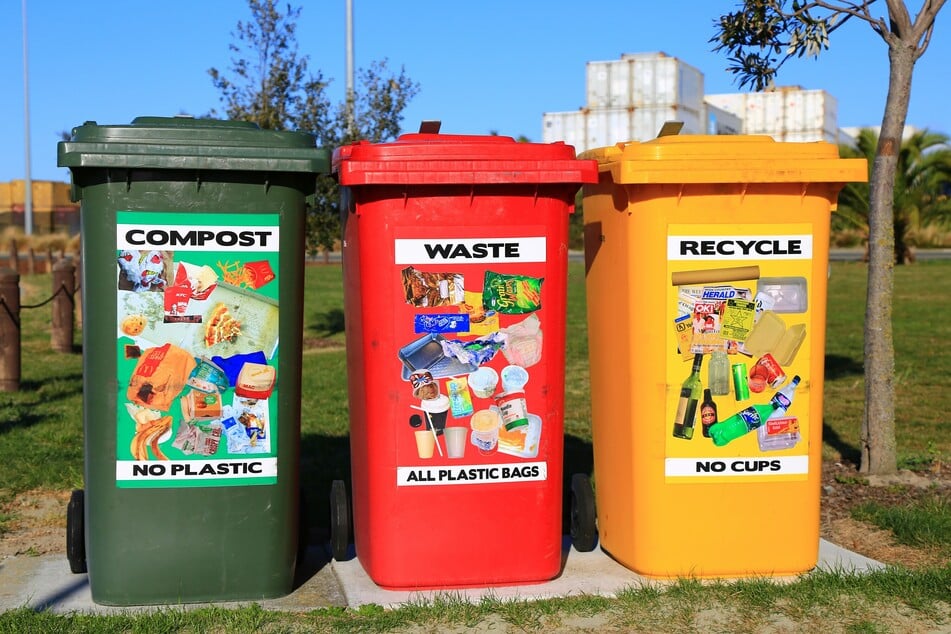Are bioplastics really better for the environment than traditional plastics?
Alternatives to petrochemical-based plastics are emerging, made from everything from banana leaves to tomato skins, especially for food packaging.

But questions remain about how biodegradable and compostable they are, as well as their impact on the environment.
Biosourced means made with less oil, using non-fossil agricultural products such as sugarcane waste, corn, or wheat starch.
Primarily used in packaging, these bio-sourced plastics account for less than one percent of global plastic production.
However, labs around the world are coming up with more and more new plastics derived from tomato skins or banana leaves.
The generic term "bioplastic" can be confusing, as it can mean either biosourced or compostable: the definition varies by country.
But in Europe, the term is clearly defined – a bioplastic is a polymer that is both bio-sourced and compostable, either in soil or industrially.
Not all bioplastics completely degrade under natural conditions.
Some, like PLA (polylactic acid), need to be composted industrially at temperatures of 140 degrees Fahrenheit.
One of the most highly developed bioplastics currently used in textiles or for food packaging, PLA was originally fossil-based but is now being made from fermented plant biomass (corn, beet, or sugarcane).
What is the environmental impact of bioplastics?

In its Atlas of Plastic, the Heinrich Boll Foundation estimates that most bio-sourced plastics are neither completely biodegradable nor compostable, and "actually just sidestep the problem."
For Nathalie Gontard, research director at the French National Institute for Agriculture, Food and the Environment, bio-sourced plastic "has absolutely no benefit" because these polymers don't degrade in natural conditions but instead fragment into micro- and then nano-plastics.
"What matters is biodegradability under natural conditions," she said.
"Biodegradable" is not well-defined, she argued, as some use it for materials that completely degrade in a few months or years, while others refer to much longer periods.
The environmental benefit of bio-sourced plastic lies in how it reduces the CO2 emissions of the plastics sector. But caution is needed here, experts warn.
"Additional demand for land to grow the raw materials for bio-sourced plastics can lead to land-use changes or deforestation," the Organisation for Economic Co-operation warned, which in turn can increase CO2 emissions.
"By developing bioplastics, we place the burden of manufacturing these materials on agricultural land that should primarily serve to feed the population," added Pauline Debrabandere from the NGO Zero Waste.
Cover photo: NHAC NGUYEN / AFP